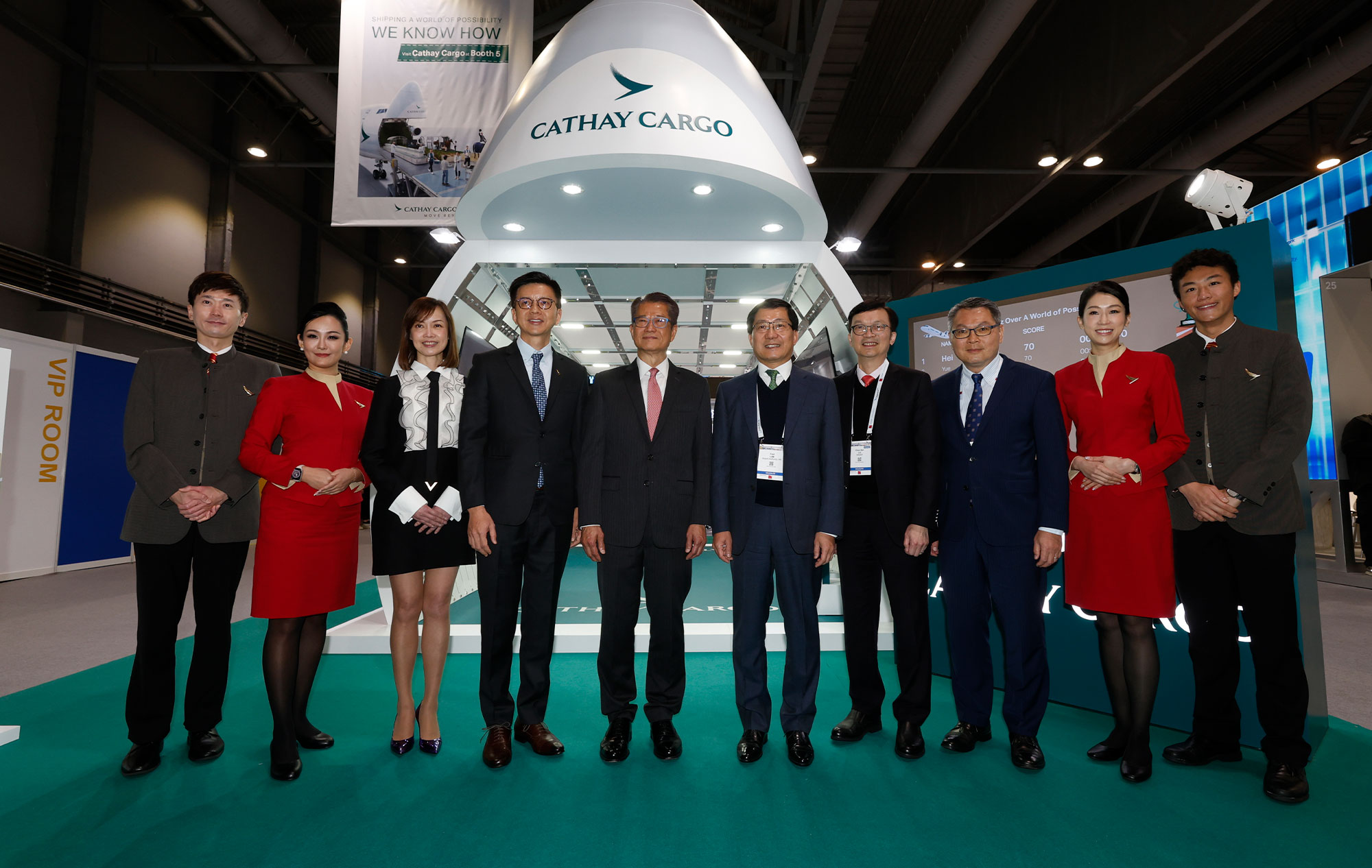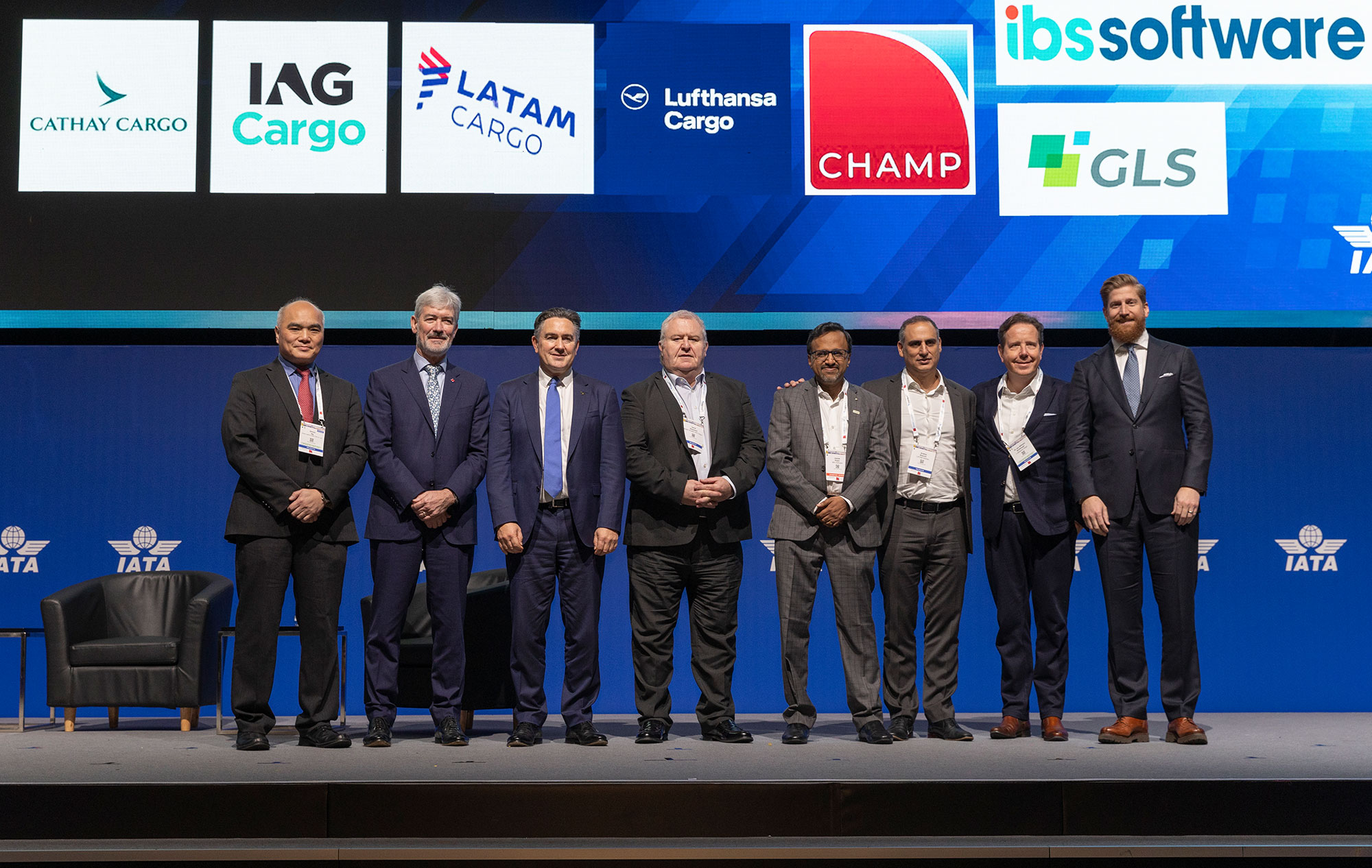The European Union (EU) is introducing the second phase of its customs pre-arrival security and safety programme, the Import Control System – known as ICS2. According to the European Commission (EC), this means that from its implementation in March next year, all freight forwarders, airlines, couriers and post offices sending goods to or through the EU (and Norway and Switzerland) will need to submit information about shipments prior to departure.
This information, which is entered on a declaration (the ENS) could previously be submitted electronically four hours before arrival at the customs controls on the EU border. However, when ICS2 is implemented it must be filed before it is loaded onto the aircraft. The EC explained: ‘By collecting data about all goods entering the EU prior to their loading and arrival, ICS2 supports effective risk-based customs controls while facilitating free flow of legitimate trade across the EU’s external borders.’
Shared Trader Interface
Freight forwarders, couriers and postal services will be responsible for this information: but airlines will need to upload the basic shipment information onto a new centralised system called the Shared Trader Interface. So what does this mean for shipments, and will this have any impact on the timing for getting shipments to the cargo terminal, for example?
Thankfully not too much, according to GM Cargo Service Delivery Frosti Lau. ‘These new regulations are very similar to the requirements we already fulfil for shipments from Hong Kong to the US (the US ACAS programme),’ he says. ‘There are always some small issues when adapting to new requirements but we expect there to be minimal impact by the time the scheme becomes operational next year.’
A lot of this has to do with the fact that most of the information required is already digitally available via the e-AWB for any shipment. ‘All data will be collected digitally,’ adds Lau. ‘All shipments ex-Hong Kong are all e-AWB, so we will already have the data provided. For shipments elsewhere in the network that do not use e-AWB, the data will be captured manually from paper documentation at the origin port and forwarded to Hong Kong via our internal systems.’
System Integration
As long as a set of data is provided to ICS2 before the goods are loaded on to the aircraft at the latest, all will be well. Cathay Pacific Cargo is currently working with its vendor, Global Logistics System (HK) Co Ltd (GLSHK) to design Cathay Pacific Cargo’s systems to integrate with the Shared Trader Interface, with trials to follow ahead of the launch next March.
So far Lau is not anticipating any problems. ‘In fact, one of the benefits may be to encourage forwarders not using e-AWB to make the move over to paperless processes,’ he says.
Related stories








